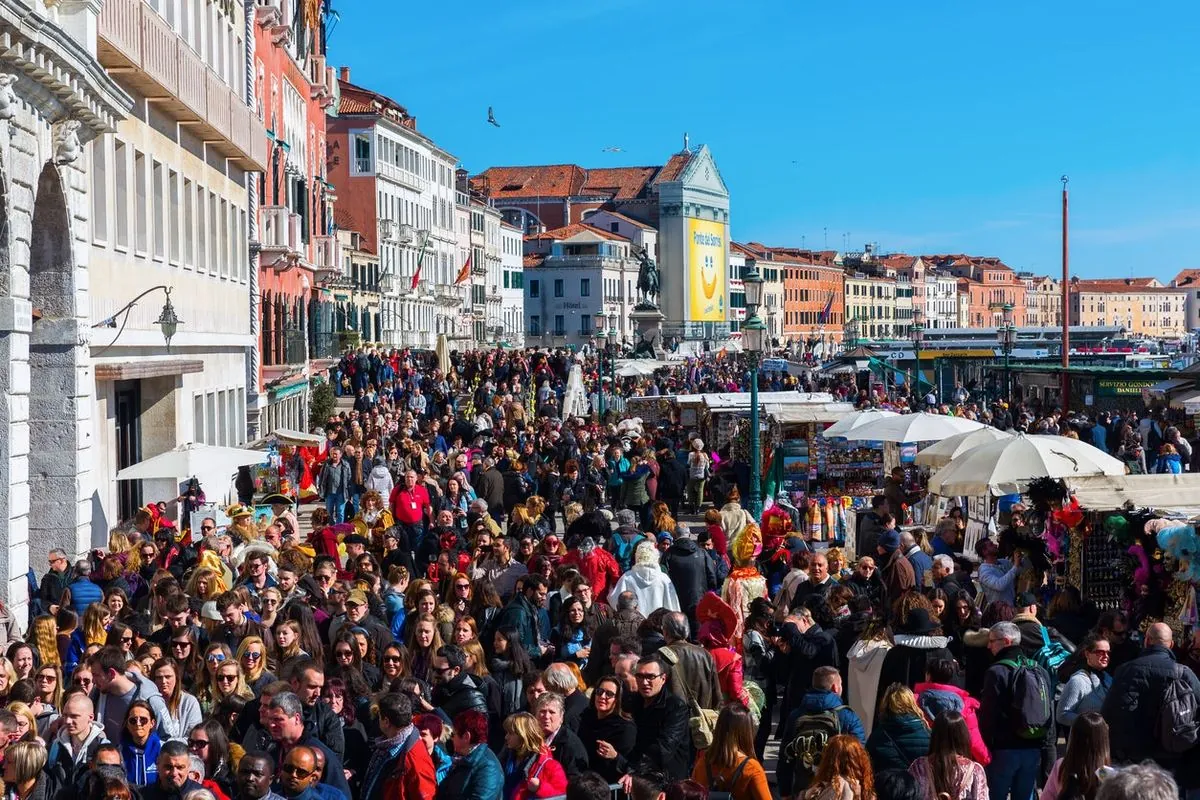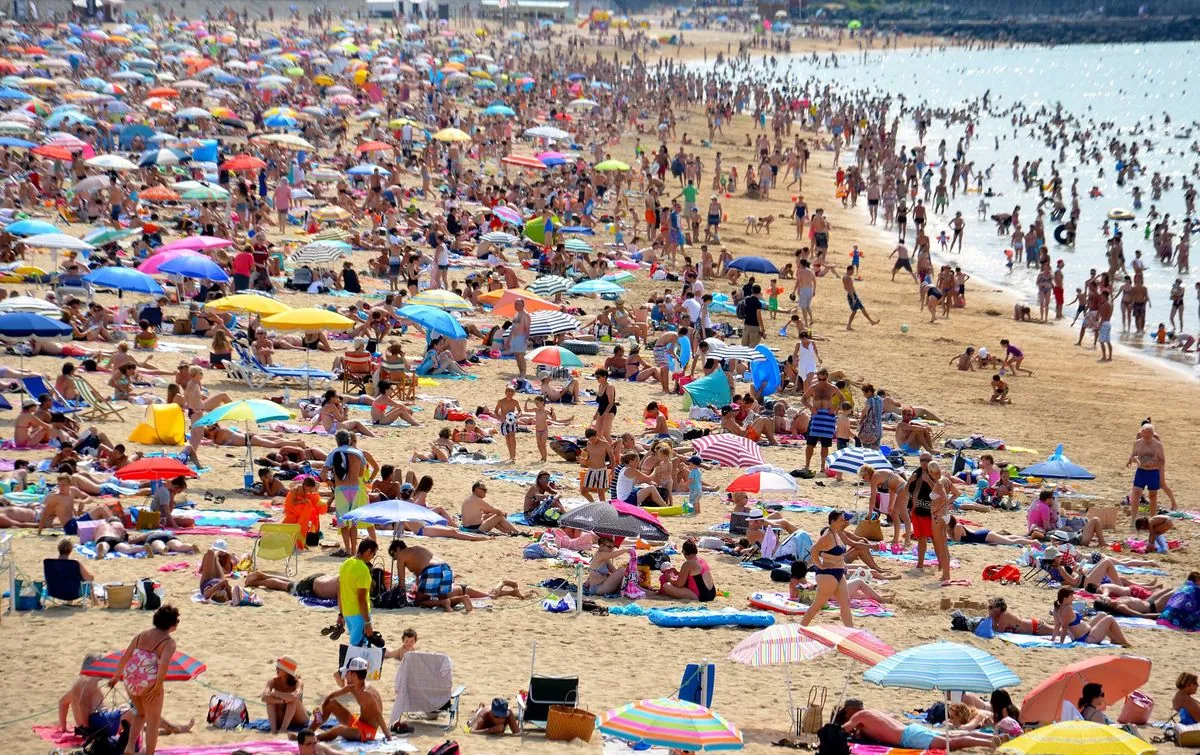Global Tourist Taxes Surge: Cities Combat Overtourism with New Fees
Tourist taxes are on the rise worldwide as destinations combat overtourism. From Venice to New Zealand, authorities are implementing or increasing fees to protect local environments and infrastructure.

In recent years, tourist taxes have become an increasingly popular tool for destinations worldwide to address the challenges of overtourism. As of 2024, over 60 locations globally have implemented some form of visitor levy, with many more considering similar measures.
New Zealand has announced a significant increase in its visitor fee, nearly tripling the amount to 100 NZD (approximately $61.82) starting October 1, 2024. This decision aims to protect the country's natural beauty from the influx of tourists. Similarly, Iceland has reinstated its tourist tax after a brief suspension during the pandemic, doubling the rate for hotel stays to 600 Icelandic krona ($4.32) per night and introducing a new charge for cruise ships.

Venice, a city grappling with the effects of mass tourism, began charging day-trippers 5 euros ($5.53) in April 2024. This fee is in addition to the existing tourist tax for overnight visitors, which ranges from 1 to 5 euros. The city's tourism industry contributes approximately $3 billion annually to the economy, but it also puts significant strain on local infrastructure and quality of life for residents.
Amsterdam has taken a multi-faceted approach to combat overtourism. In addition to banning new hotel construction and capping overnight stays, the city increased its tourist tax on hotel rooms to 12.5% in 2024, up from 7% previously. The Dutch capital has also launched a "Stay Away" campaign to discourage "nuisance tourists" attracted by its relaxed drug policies and party scene.
Other destinations implementing or increasing tourist taxes include:
- Bali, Indonesia: Imposed a fee of 150,000 Indonesian rupiah ($9.70) in February 2024 to fund cultural preservation and environmental protection.
- Barcelona, Spain: Will raise its tourist lodging tax to 4 euros ($4.43) per night in October 2024, following protests against overtourism.
- Britain: Introduced an electronic travel authorization system in 2023, with plans to extend it to visa-exempt visitors by the end of 2024, costing £10 ($13.12).
It's worth noting that tourist taxes are not a new concept. France introduced the first tourist tax on resorts in 1910, and many cities in Europe and the United States have long had hotel taxes in place. However, the recent surge in these fees reflects growing concerns about the impact of mass tourism on local communities and environments.
"Bhutan charges one of the highest fees globally — about $100 a day — to help preserve its pristine peaks from the hordes that visit nearby Nepal."
As destinations continue to grapple with the challenges of overtourism, it's likely that more locations will implement or increase tourist taxes in the coming years. The European Union, for instance, plans to introduce a travel authorization system for short stays in 2025, following Britain's lead.
While these measures aim to protect local resources and improve the tourism experience, they also raise questions about the accessibility of travel and the potential impact on local economies that rely heavily on tourism. As the global tourism industry evolves, finding a balance between welcoming visitors and preserving destinations will remain a key challenge for authorities worldwide.


































